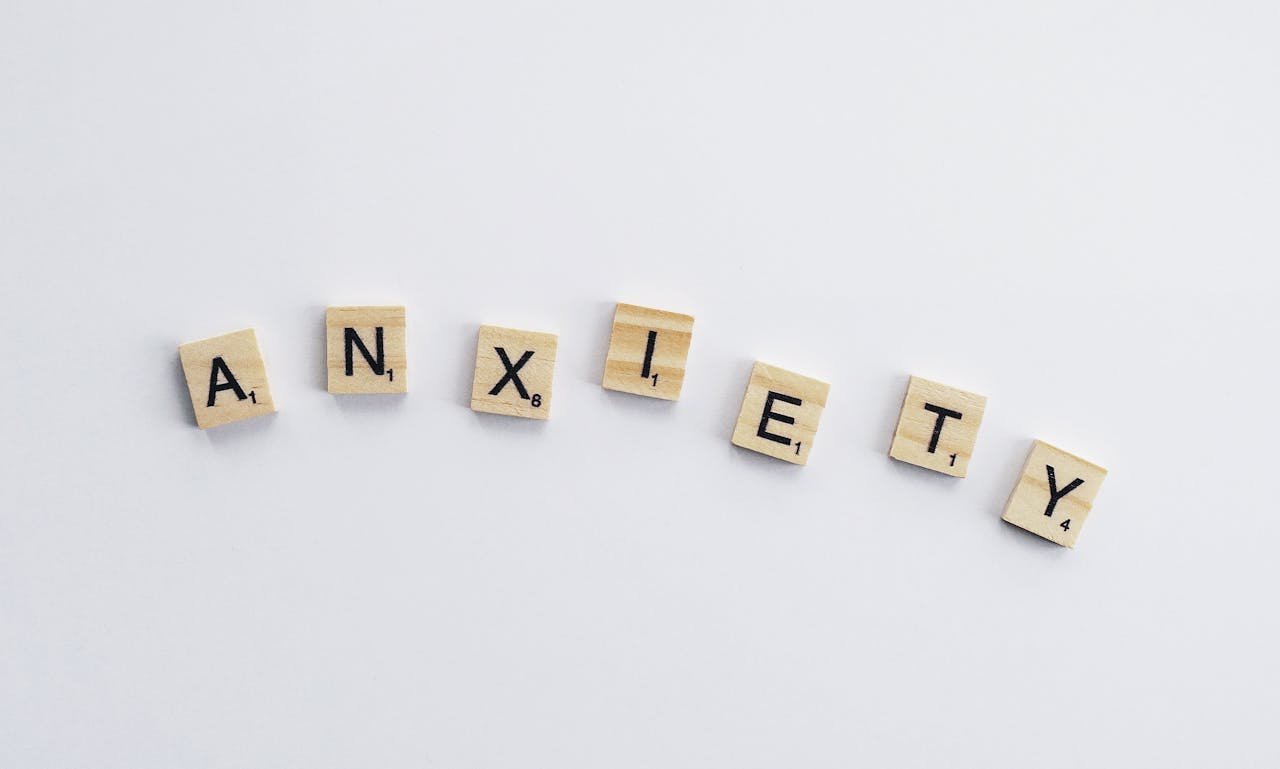Everyone makes snap choices now and then. Maybe it’s grabbing an expensive gadget you didn’t plan to buy, or saying yes to something you later regret. While a few impulsive decisions may not seem like a big deal, repeated patterns can create stress, regret, and even financial strain. In some cases, unchecked impulsiveness can lead to serious consequences like mounting debt and eventually the need for bankruptcy debt relief. Learning to slow down and make thoughtful choices isn’t just about money—it’s about improving your overall quality of life.
The good news is that impulsiveness isn’t set in stone. With the right tools and awareness, you can train yourself to step back, pause, and make decisions that line up with your goals instead of sabotaging them.
Building Awareness of Triggers
The first step to managing impulsive behavior is noticing what sets it off. Triggers can be emotional, like stress or boredom, or environmental, like a big sale or a pushy salesperson. By paying attention to what sparks your impulsive urges, you begin to catch them before they control you. Journaling or tracking your decisions for a few weeks can help uncover patterns. Awareness gives you the power to pause and choose differently.
Creating Space Between Urge and Action
Impulsiveness thrives in the gapless moment between wanting and acting. A practical strategy is to insert space before making decisions. For example, adopt a rule where you wait 24 hours before buying anything nonessential. That pause allows emotions to cool and logic to kick in. Creating small delays turns quick urges into thoughtful choices. Over time, it becomes easier to separate fleeting desires from lasting priorities.
Managing Emotional States
Impulsive decisions often happen when emotions are running high. Anger, excitement, or stress can cloud judgment and push you toward choices that don’t serve you. Developing emotional regulation skills makes a huge difference. Techniques like deep breathing, meditation, or simply taking a walk can lower intensity in the moment. When emotions settle, the mind clears and better choices emerge. Learning to recognize and manage emotions is like strengthening a muscle—you get better with practice.
Setting Up Guardrails
Sometimes the best way to avoid impulsiveness is by making it harder to act on. This can mean leaving credit cards at home when you go out, deleting shopping apps from your phone, or unsubscribing from marketing emails. Guardrails aren’t about restriction—they’re about creating an environment where good decisions come naturally. When temptations are out of sight, they’re often out of mind, and you save yourself from the pressure of constant self-control.
Relying on Trusted Input
Another strategy is to lean on trusted people for perspective. Talking through decisions with a friend, partner, or mentor can slow you down and provide balance. Other people aren’t caught up in the emotion of the moment, so they can point out risks or remind you of your goals. Accountability partners can also help you stick to your own rules, whether that’s waiting before purchases or saying no to impulsive commitments.
Practicing Self-Compassion
Avoiding impulsive decisions doesn’t mean you’ll never slip up. Everyone makes mistakes, and beating yourself up only makes things worse. Self-compassion is key. When you make a choice you regret, treat it as information rather than proof you’ve failed. Ask what led to the decision and how you can handle it differently next time. Over time, this approach turns setbacks into stepping stones for growth.
Replacing Impulse With Intention
The most powerful way to reduce impulsiveness is to strengthen intentional decision-making. This means focusing on your long-term goals and making choices that support them. Whether it’s financial stability, stronger relationships, or better health, having a clear vision makes it easier to resist momentary temptations. The more often you practice intention, the more natural it becomes. Eventually, thoughtful choices feel less like effort and more like habit.
The Bigger Impact of Thoughtful Choices
Avoiding impulsive decisions has ripple effects beyond avoiding regret. It builds confidence, reduces stress, and creates a sense of control over your life. When you stop acting on impulse, you make room for decisions that reflect your values and priorities. That shift improves emotional well-being and leads to a stronger sense of balance overall.
The next time you feel the pull of an impulsive urge, remember: you have the power to pause. You don’t have to respond in the heat of the moment. By slowing down, creating awareness, and setting up supportive systems, you can transform impulsiveness into intention—and that shift can change the trajectory of your life in ways that feel calmer, healthier, and more fulfilling.







